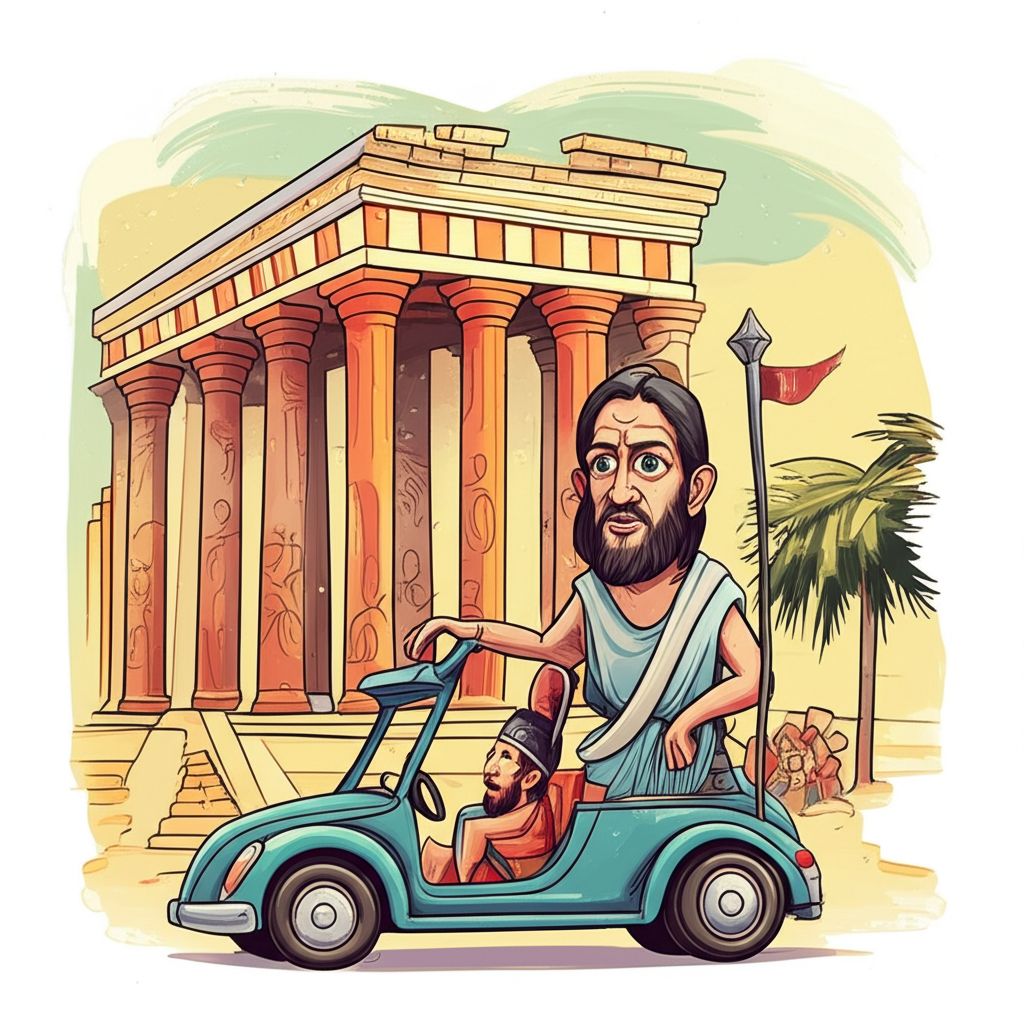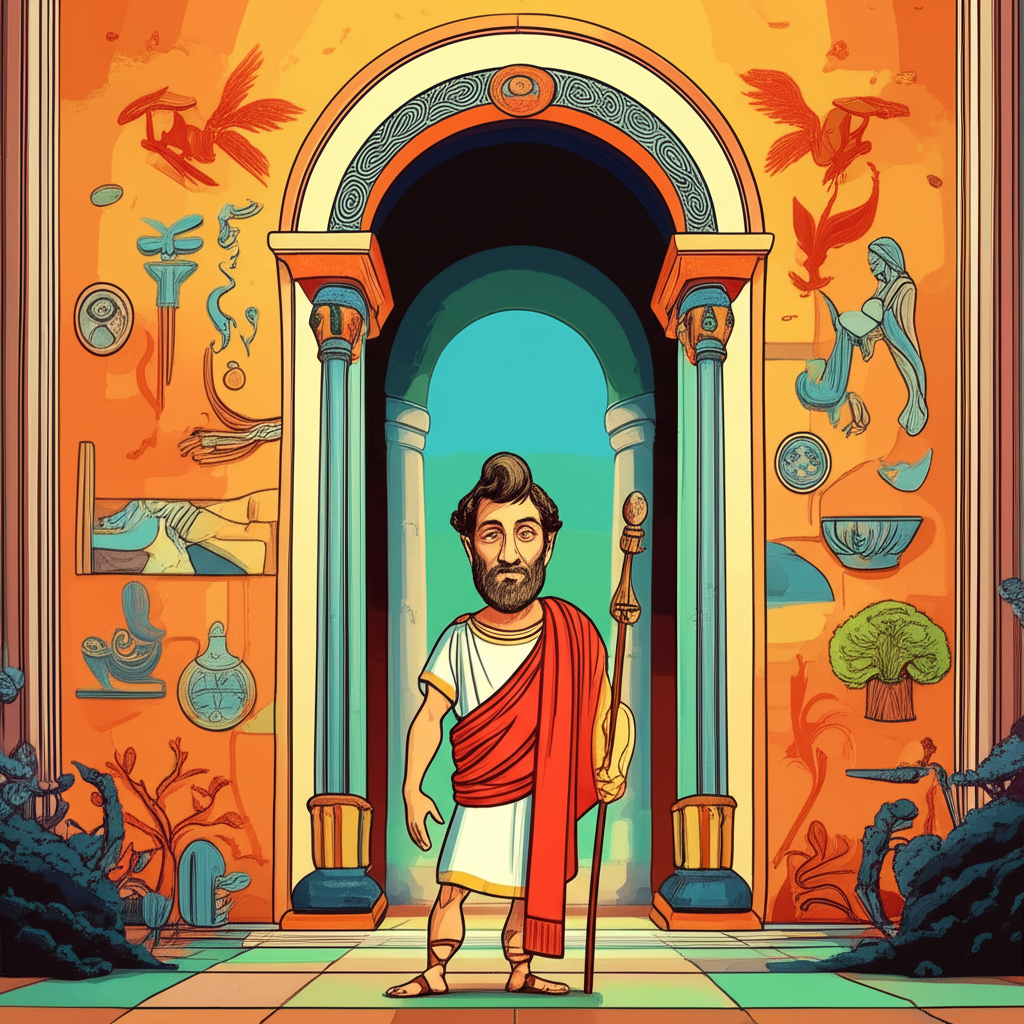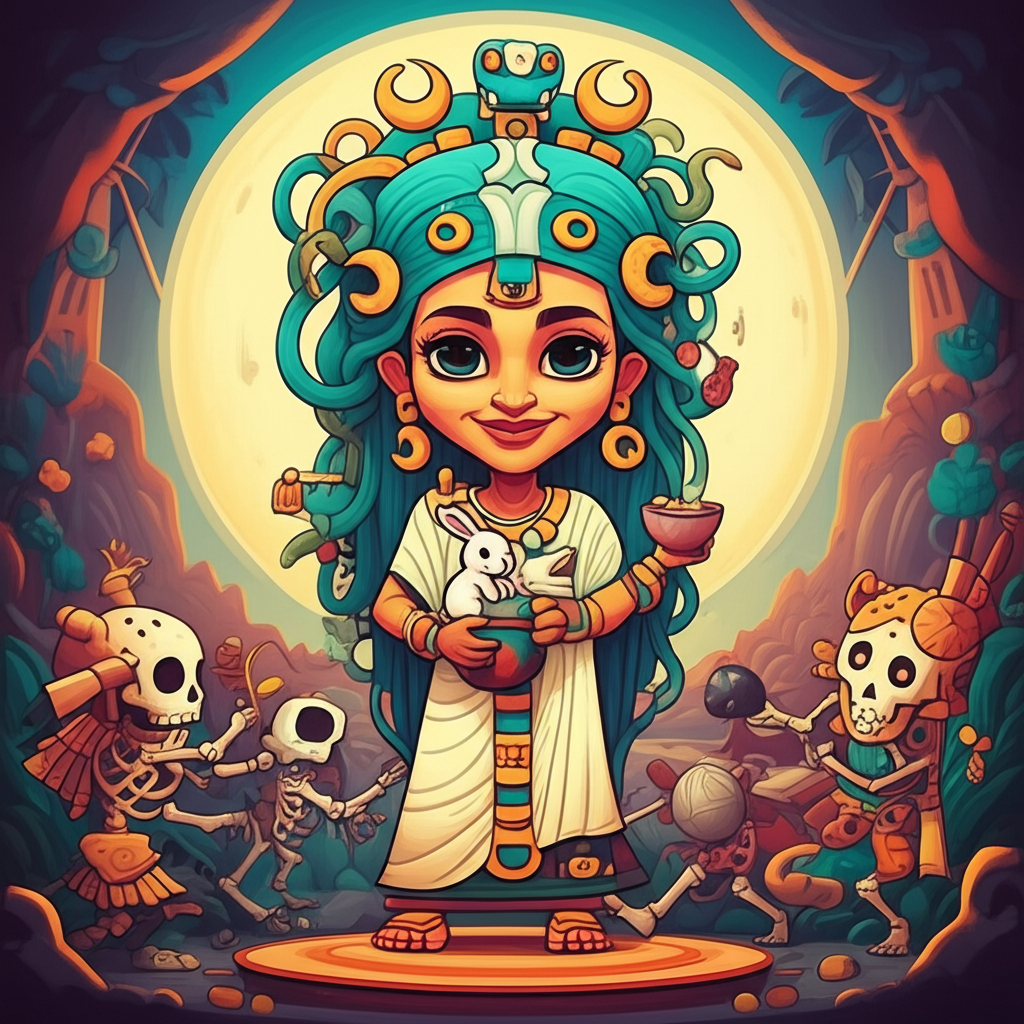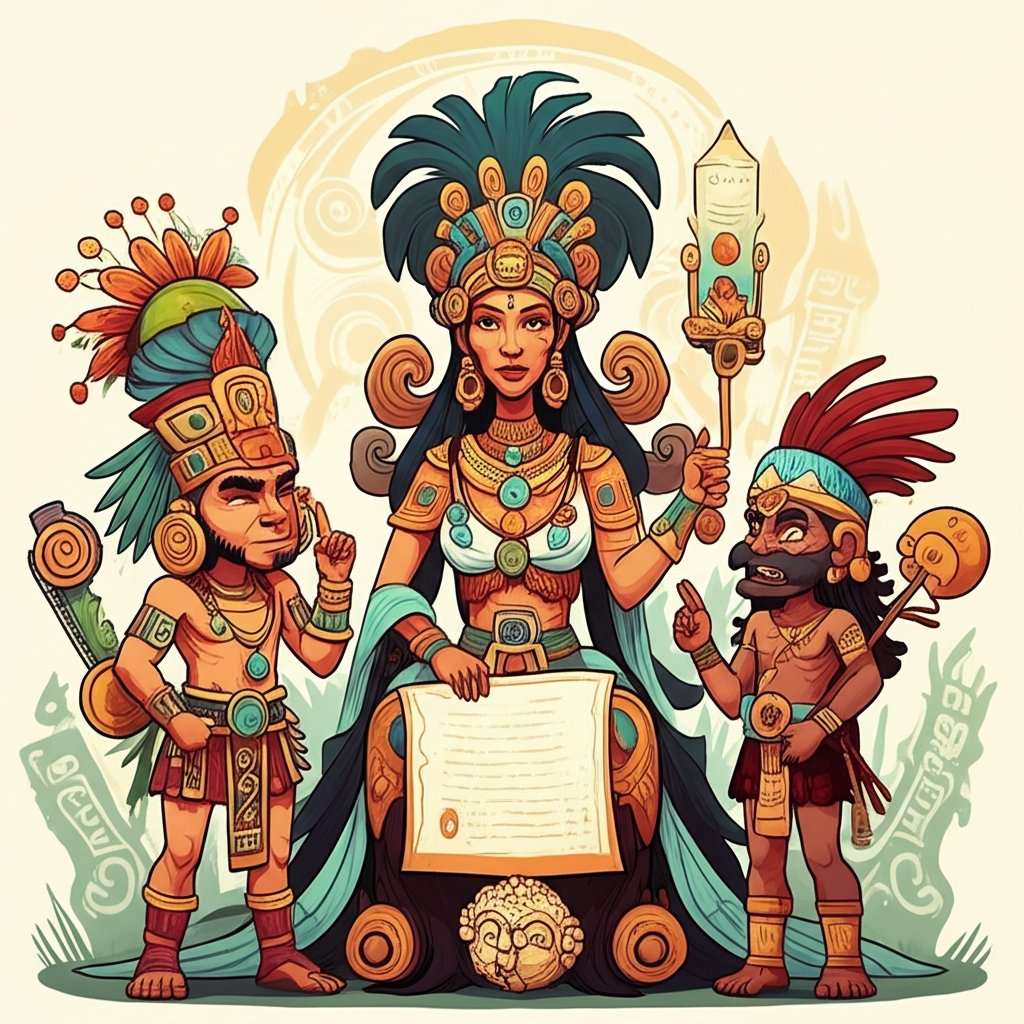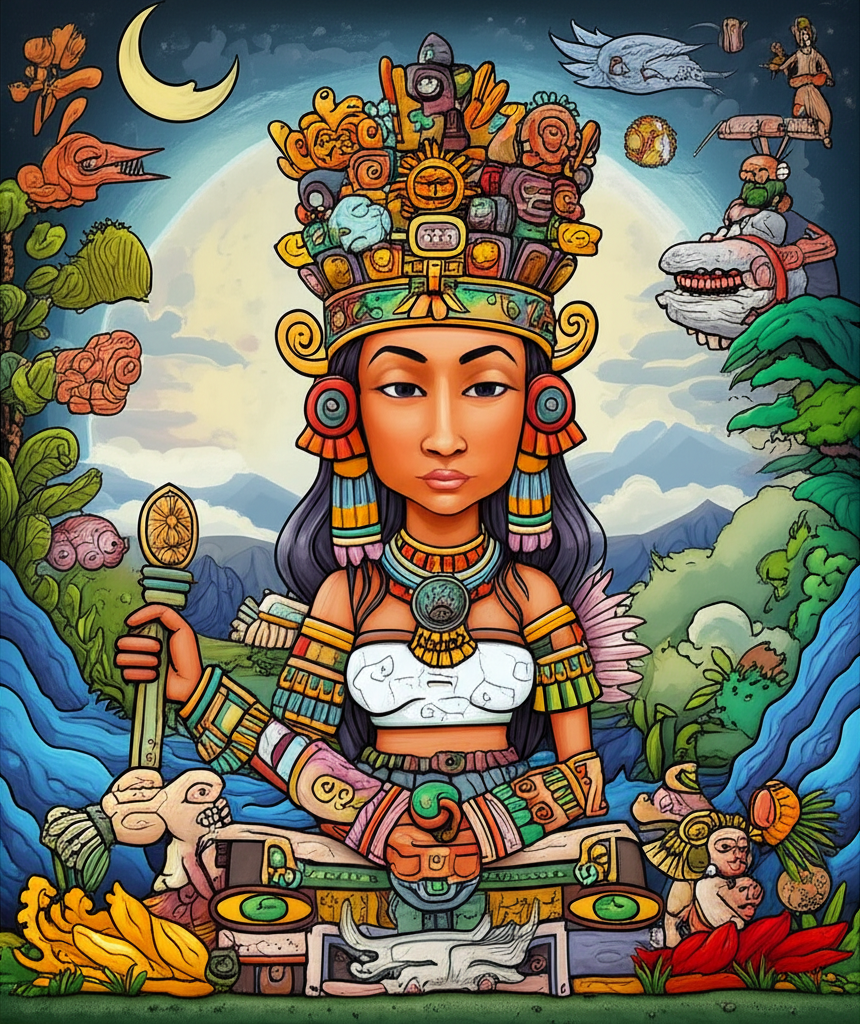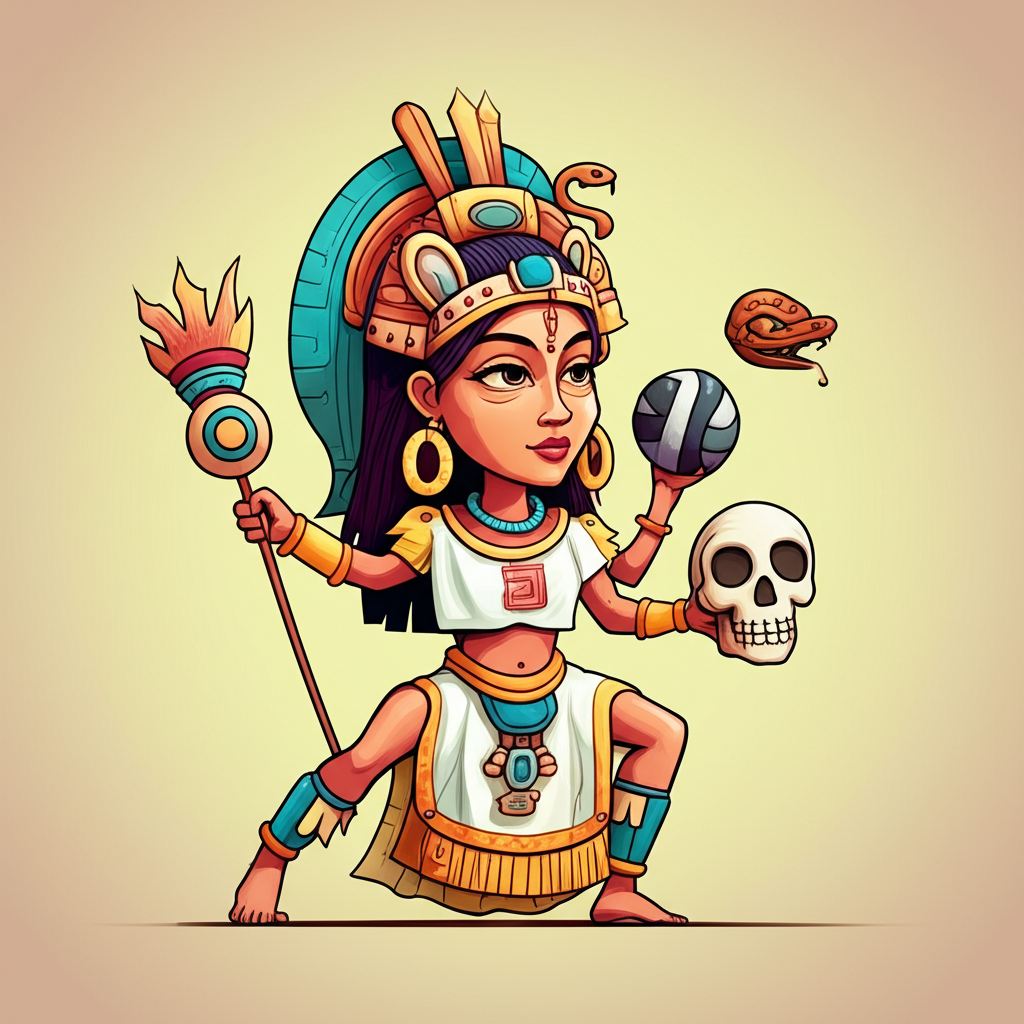
The epic tales of ancient Greece, woven from threads of myth and legend, have captivated imaginations for millennia. Among these enduring narratives, the story of Achilles and the Trojan War stands as a cornerstone of Western literature and cultural understanding. These are not historical accounts in the modern sense, but rather profound traditional stories, passed down through generations by the ancient Greeks to explore the complexities of human nature, the capricities of fate, and the raw power of the divine.
Our journey into this myth takes us back to the Bronze Age Aegean, a time shrouded in the mists of antiquity. The societies that fostered these stories were agrarian and seafaring, deeply connected to the natural world and the perceived influence of powerful, anthropomorphic deities. Their understanding of the cosmos was one where gods and mortals intertwined, their actions often shaping the destinies of humankind. These were cultures that valued honor, glory, and martial prowess, and their stories often reflected these ideals, albeit with a keen awareness of the devastating consequences of pride, anger, and divine intervention. The oral tradition, passed down through bards and poets, was the primary vehicle for preserving and transmitting these foundational narratives.
At the heart of this particular legend lies Achilles, a figure of extraordinary, almost supernatural, prowess. He is depicted as the greatest warrior of the Achaeans (Greeks), a demigod born of the mortal king Peleus and the sea nymph Thetis. His lineage itself imbues him with a unique status, a bridge between the mortal and divine realms. Symbolically, Achilles represents the pinnacle of martial skill, the embodiment of courage and strength. However, his defining characteristic, and ultimately his tragic flaw, is his formidable wrath. This fury is not merely a temper; it is a consuming force, a divine-like passion that drives his actions and dictates the course of the war. His vulnerability, famously his heel, symbolizes the inherent fragility of even the most powerful beings, a reminder that no mortal, however exalted, is truly impervious to the arrows of fate or the designs of the gods.
The narrative of Achilles and the Trial of Troy is primarily found within Homer’s epic poem, the Iliad. It is a story that unfolds amidst the bloody landscape of the Trojan War, a conflict ignited by the abduction of Helen, the wife of Spartan king Menelaus, by the Trojan prince Paris. For ten long years, the Achaean forces lay siege to the mighty city of Troy, their efforts often thwarted by the city’s formidable walls and the intervention of various gods who took sides in the conflict.
The Iliad focuses not on the entirety of the war, but on a crucial period marked by Achilles’ withdrawal from battle. The catalyst for his wrath is a dispute with Agamemnon, the leader of the Achaean forces, over a war prize – a captive woman named Briseis. Agamemnon, driven by pride and a desire to assert his authority, seizes Briseis from Achilles. Enraged by this insult, Achilles vows to withdraw himself and his formidable Myrmidon warriors from combat, a decision that plunges the Achaean army into despair and allows the Trojans, led by their own valiant hero Hector, to gain a decisive advantage.
This period of Achilles’ sulking is a testament to his immense pride and the deeply ingrained concept of honor in ancient Greek society. His absence from the battlefield is not merely a tactical setback; it is a void that no other warrior can fill. The Achaeans suffer grievous losses, and the tide of the war begins to turn against them. The gods, too, watch with keen interest, some urging Achilles to return, others relishing the chaos his absence creates.
The turning point arrives with the death of Achilles’ dearest friend, Patroclus, who dons Achilles’ armor in a desperate attempt to rally the Achaean troops. Hector, mistaking Patroclus for Achilles, slays him in combat. The news of Patroclus’ death shatters Achilles, transforming his sorrow into an even more potent and devastating rage. His grief is immense, a raw and elemental force. He re-enters the fray, his rage now focused on vengeance. The Iliad culminates in a brutal and unforgettable duel between Achilles and Hector, a clash that embodies the epic struggle and the tragic inevitability of fate. Achilles, driven by his all-consuming wrath, ultimately triumphs, his victory a brutal and sorrowful affair. He desecrates Hector’s body, a grim display of his unbridled fury, before eventually returning it to King Priam of Troy for burial, a moment of profound, albeit reluctant, humanity.
The story of Achilles and the Trial of Troy is rich with symbolism. Achilles’ wrath can be seen as representing the destructive potential of unchecked emotion, the terrible consequences of pride, and the complex relationship between individual will and divine decree. His divine parentage and his vulnerability symbolize the inherent paradox of existence – the pursuit of immortal glory within a mortal frame, the yearning for invincibility in a world of inevitable decay. Hector, his foil, represents duty, family, and the defense of one’s homeland, offering a stark contrast to Achilles’ more individualistic pursuit of glory. The Trojan War itself can be interpreted as a metaphor for the cyclical nature of conflict, the tragic costs of ambition, and the enduring human struggle against overwhelming odds.
In the modern world, the myth of Achilles continues to resonate deeply. It is a subject explored in countless literary works, from retellings and continuations of the Iliad to contemporary novels that reimagine the characters and their motivations. Films and television series have brought the epic to life, while video games often draw inspiration from its dramatic battles and heroic figures. In academic circles, the myth is studied for its insights into ancient Greek culture, its exploration of universal themes, and its foundational influence on Western storytelling. The "Achilles’ heel" has become a common idiom, a poignant reminder of everyone’s inherent vulnerability.
It is important to reiterate that the narrative of Achilles and the Trojan War is a traditional story, a product of human imagination and cultural expression from a bygone era. As Muslims, we recognize that only Allah (God) is the true Creator and Sustainer of all existence. These ancient myths, while offering fascinating insights into the minds and beliefs of past civilizations, do not represent divine truth.
The enduring power of stories like Achilles and the Trial of Troy lies not in their factual accuracy, but in their ability to explore the depths of the human condition. They are testaments to the enduring human need to understand ourselves, our place in the world, and the forces that shape our destinies. Through the lens of these ancient tales, we gain a deeper appreciation for our cultural heritage, the richness of human imagination, and the timeless tradition of storytelling that connects us across generations. The echoes of Achilles’ rage and the fall of Troy continue to whisper through time, a reminder of the stories that have shaped our understanding of heroism, tragedy, and the eternal dance between mortals and the myths they create.
